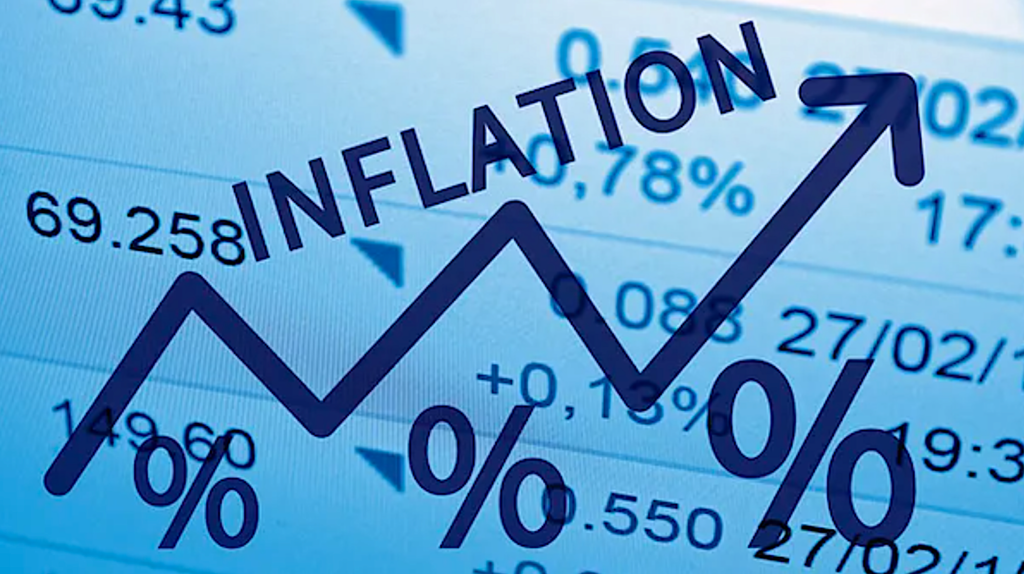Nigeria’s headline inflation eased for the fourth consecutive month in July, slipping to 21.88% from 22.22% in June, according to the latest Consumer Price Index (CPI) figures released Friday by the National Bureau of Statistics (NBS).
The data points to a slow but steady moderation in annual price growth, even as short-term pressures remain. On a month-on-month basis, headline inflation rose by 1.99% in July — 0.31 percentage points higher than June’s 1.68%, suggesting that underlying cost pressures have yet to fully abate.
Core inflation — which excludes volatile food and energy prices — dropped to 21.33% year-on-year from 27.47% in July 2024, reflecting a sharp slowdown in non-food price increases. Food inflation, a closely watched measure for household welfare, stood at 22.74% in July. Month-on-month, food prices rose by 3.12%, marginally slower than the 3.25% recorded in June.
Read also: Presidency Hits Back At IMF On Inflation, Poverty Report
The NBS identified food and non-alcoholic beverages, restaurants and accommodation services, and transport as the largest contributors to July’s CPI.
Analysts say the four-month easing trend signals that earlier monetary tightening by the Central Bank of Nigeria (CBN) is beginning to filter through, though the pace of relief remains uneven. The naira’s recent volatility and high logistics costs continue to exert upward pressure, particularly on imported goods.
While the moderation offers some respite for consumers, economists caution that inflation remains well above the CBN’s target range, leaving the real purchasing power of households under strain. Many will be watching August’s figures closely to determine whether the downward momentum can withstand seasonal pressures, including the impact of the festive season buildup and any fresh fuel price adjustments.

